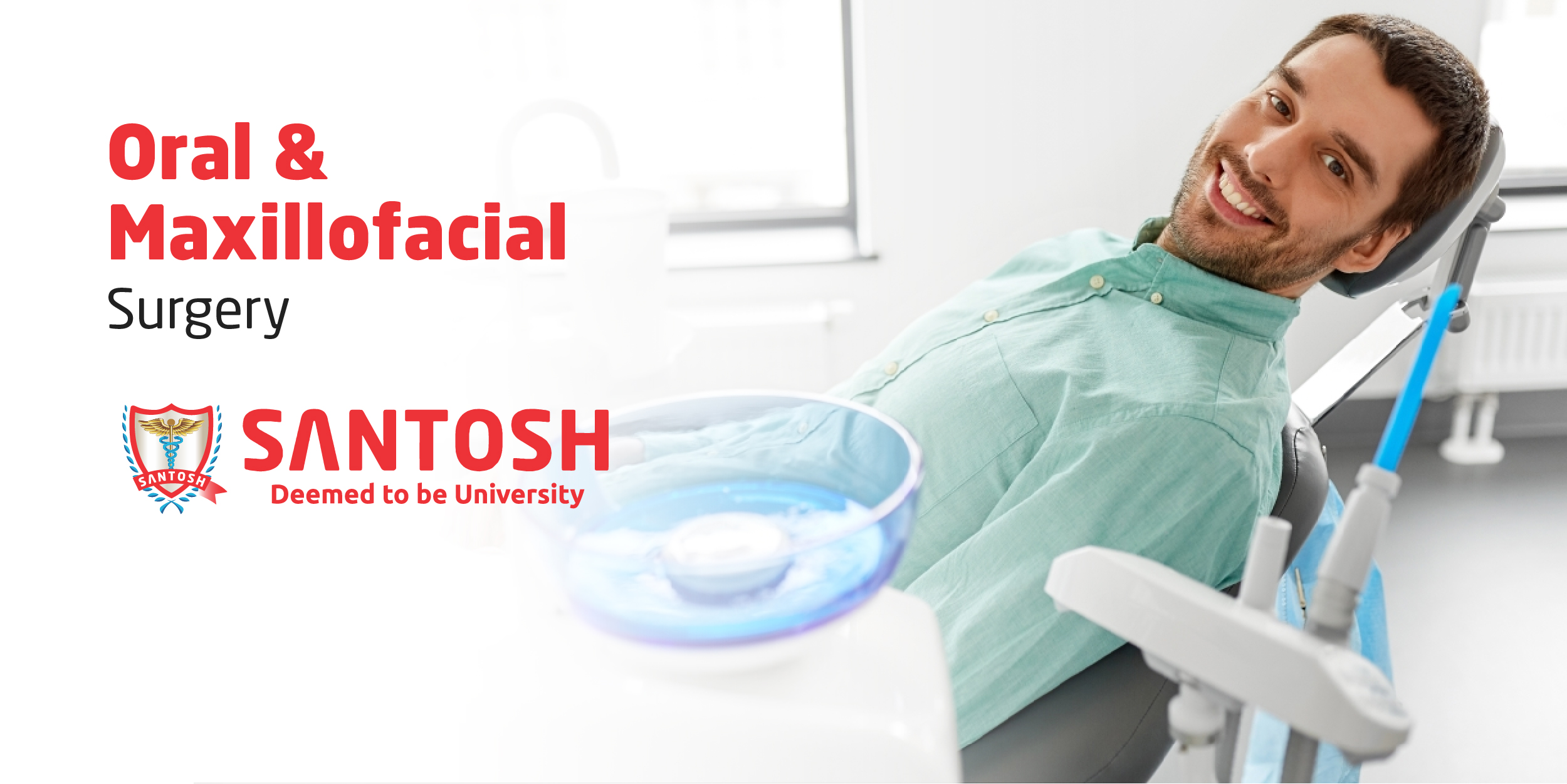
The speciality of Oral & maxillofacial surgery involves the treatment of various disorders of the mouth, face, and jaws.
read more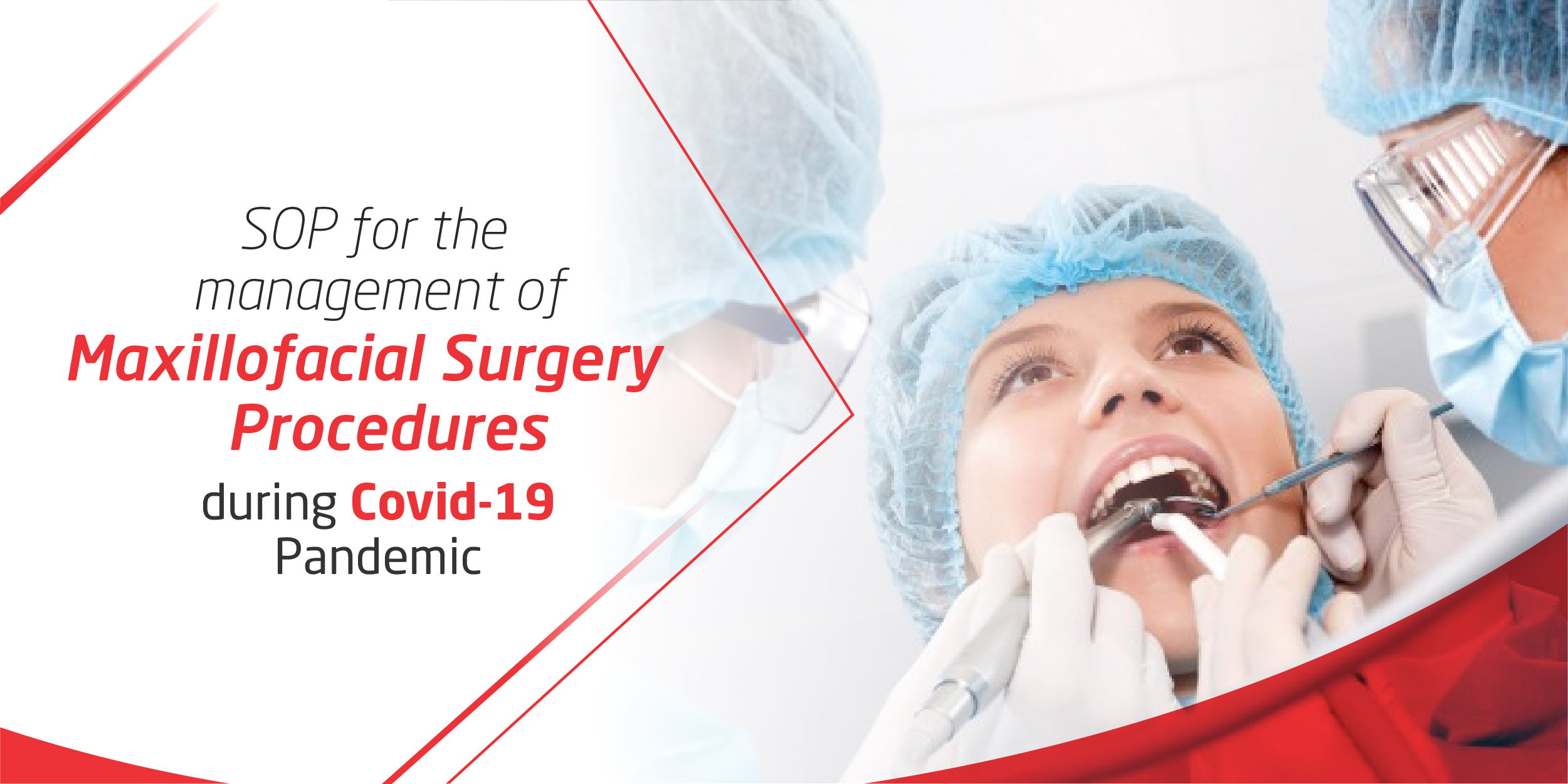
SOP FOR THE MANAGEMENT OF MAXILLOFACIAL SURGERY PROCEDURES DURING COVID-19 PANDEMIC
read more
Orofacial infections can spread rapidly to involve deeper spaces leading to significant morbidly. Pyrexia with dysphagia, dyspnoea, and warning signs of spreading infections. Dental surgeons should be able to recognize these infections early, in
read more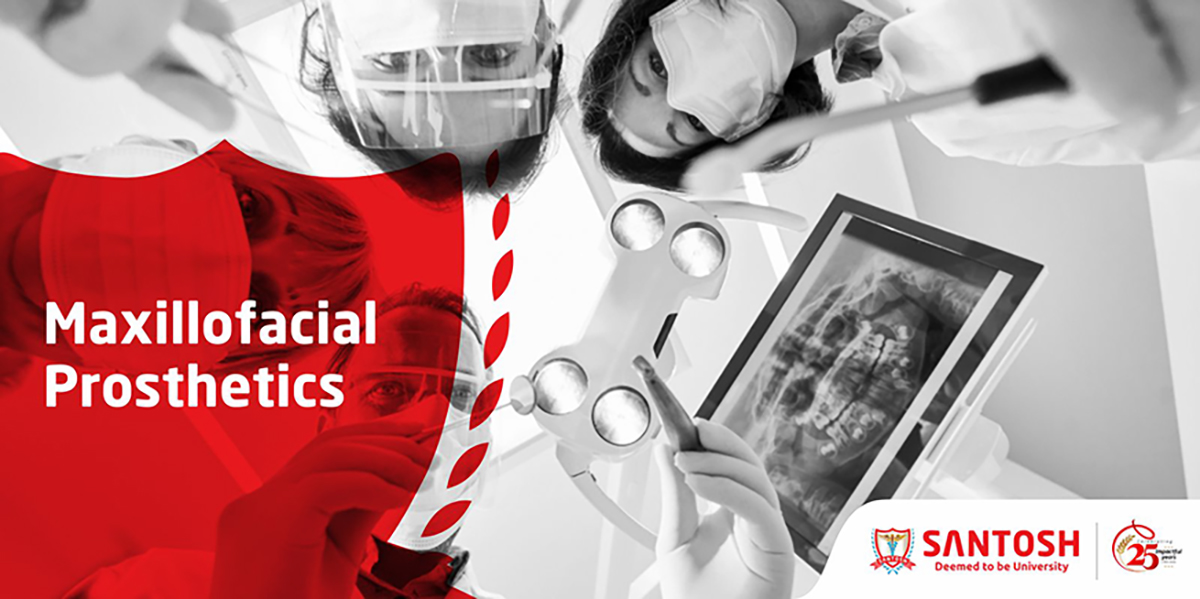
Maxillofacial prosthodontics is the branch of dentistry that provides prostheses to treat or restore tissues of the stomatognathic system and associated facial structures, that have been affected by disease, injury, surgery, or congenital defect, pro
read more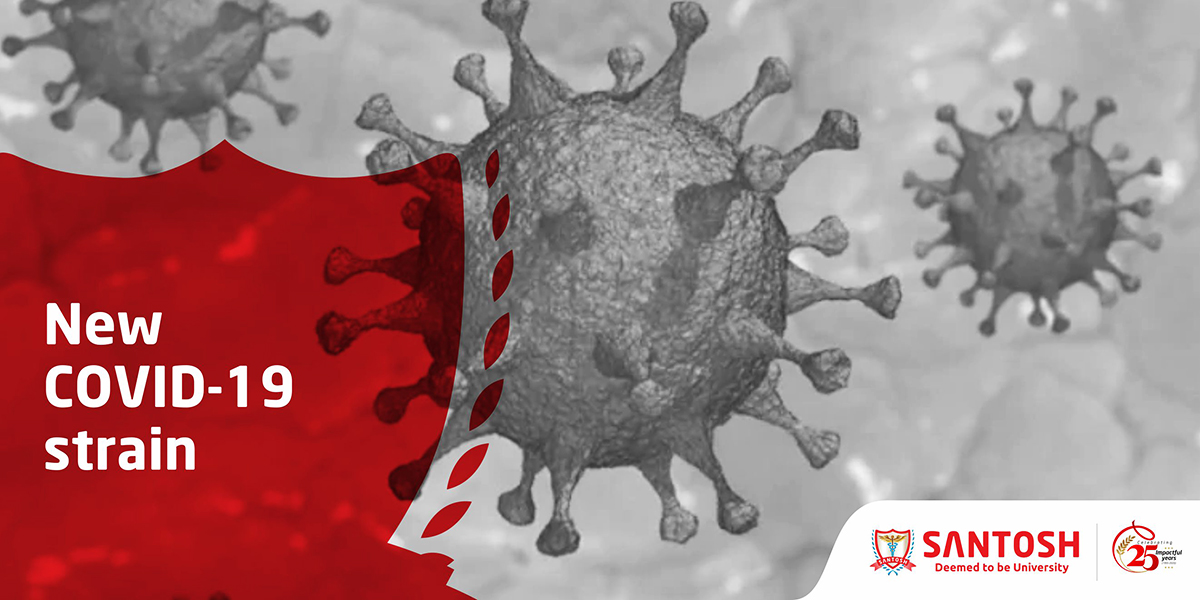
Amid the COVID-19 pandemic, a new variant of the novel coronavirus has been flagged for spreading rapidly across the UK. This blog contains details about the mutant strain of coronavirus.
read more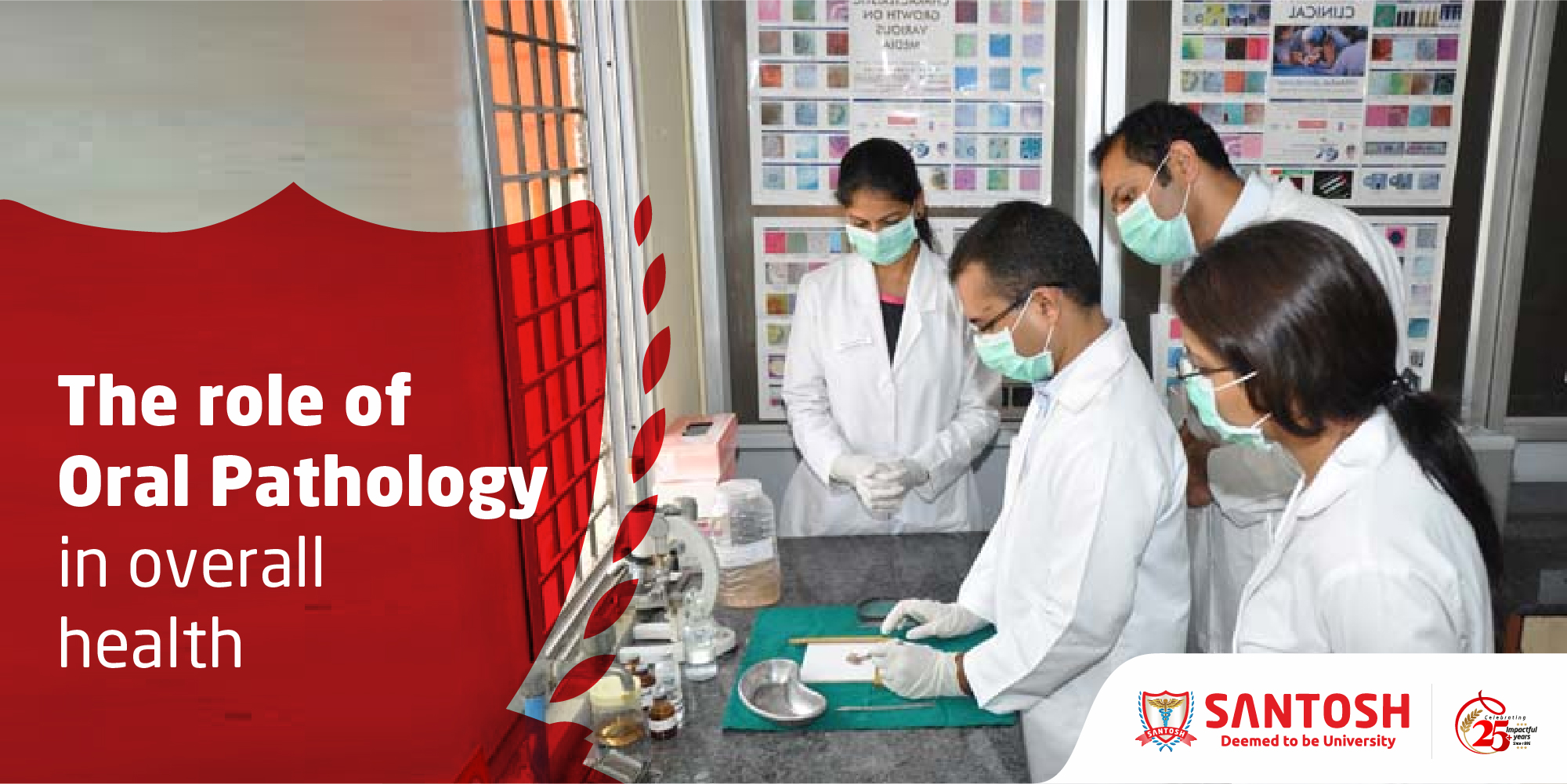
To many people, complex oral health care often means the need for a specific type of oral surgery to address a foundation and/or functional issue with their oral health. This might include severe tooth loss, or damage or malformation of the jawbone.
read more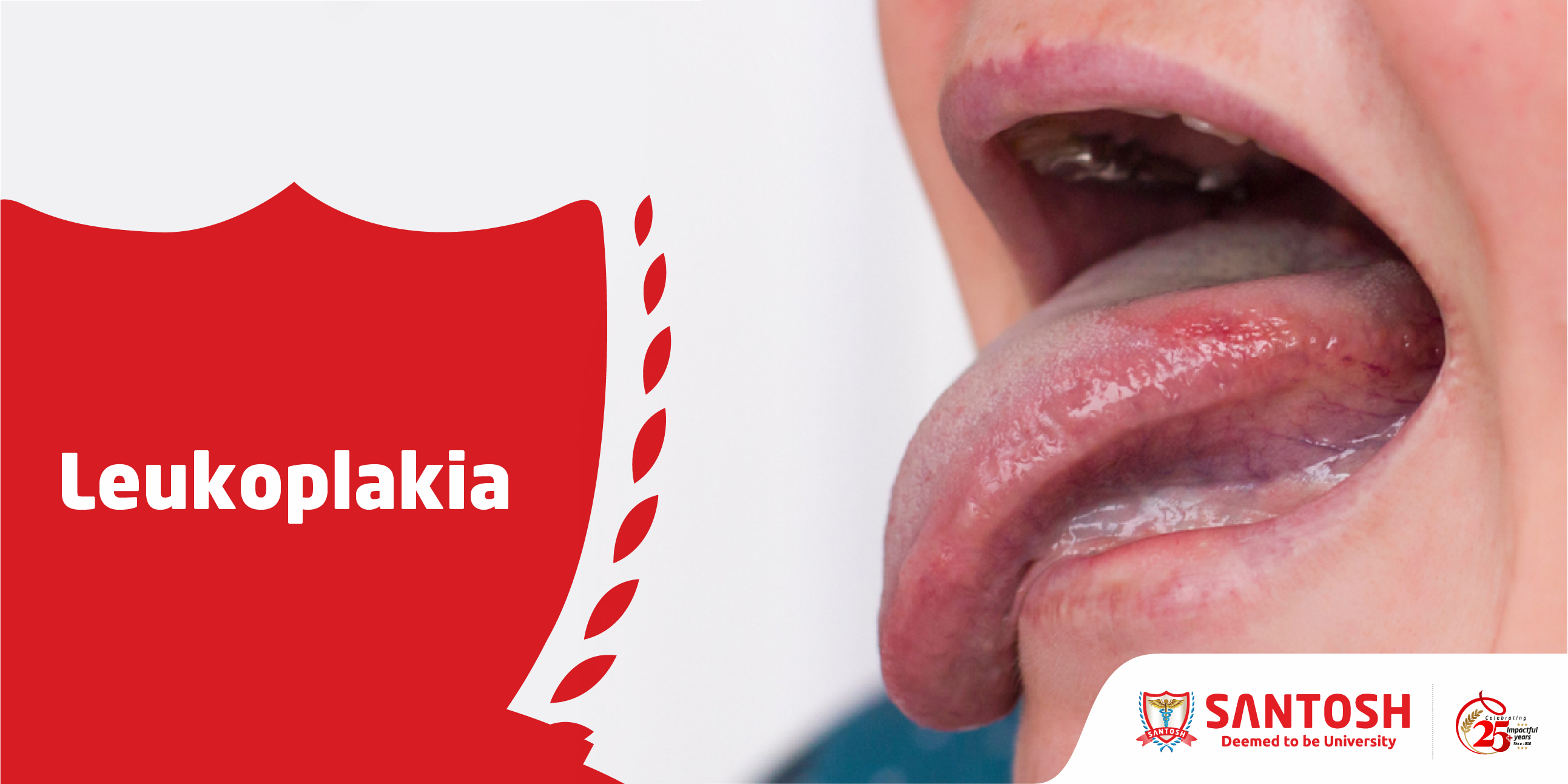
Oral white lesions, including leukoplakias, are commonly encountered in daily practice by oral health care providers, especially oral and maxillofacial surgeons.
read more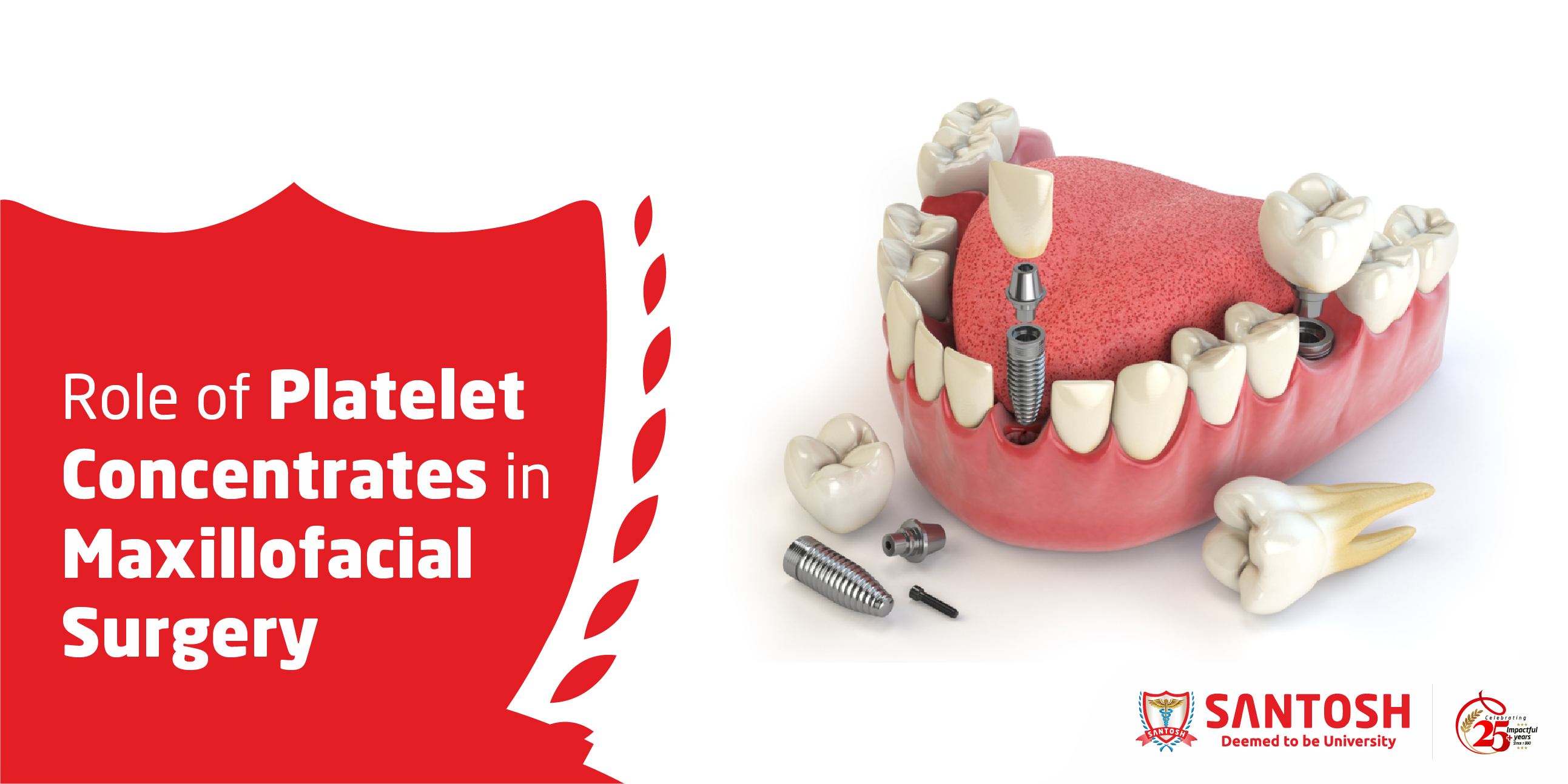
Platelets play a crucial role in haemostasis , regeneration and tissue recovery. Growth factors, cytokines in platelet are responsible for healing and tissue regeneration process .
read more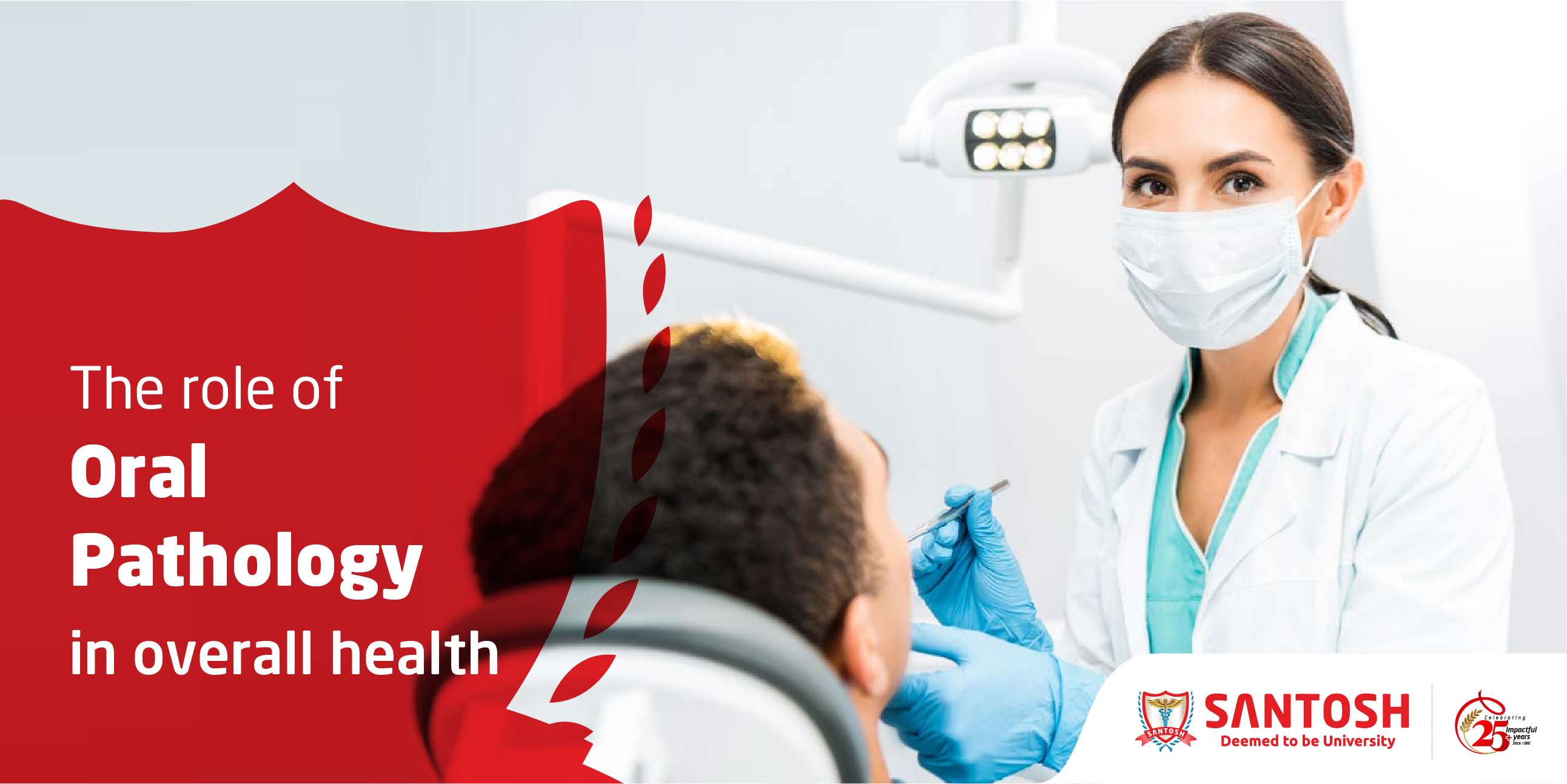
To become an Oral Pathologist,one needs to attends four years of dental school to become a Bachelor of Dental Surgery (BDS). After acquiring degrees, a dentist goes to an additional three years of post-graduation accredited by the Dental Council of I
read more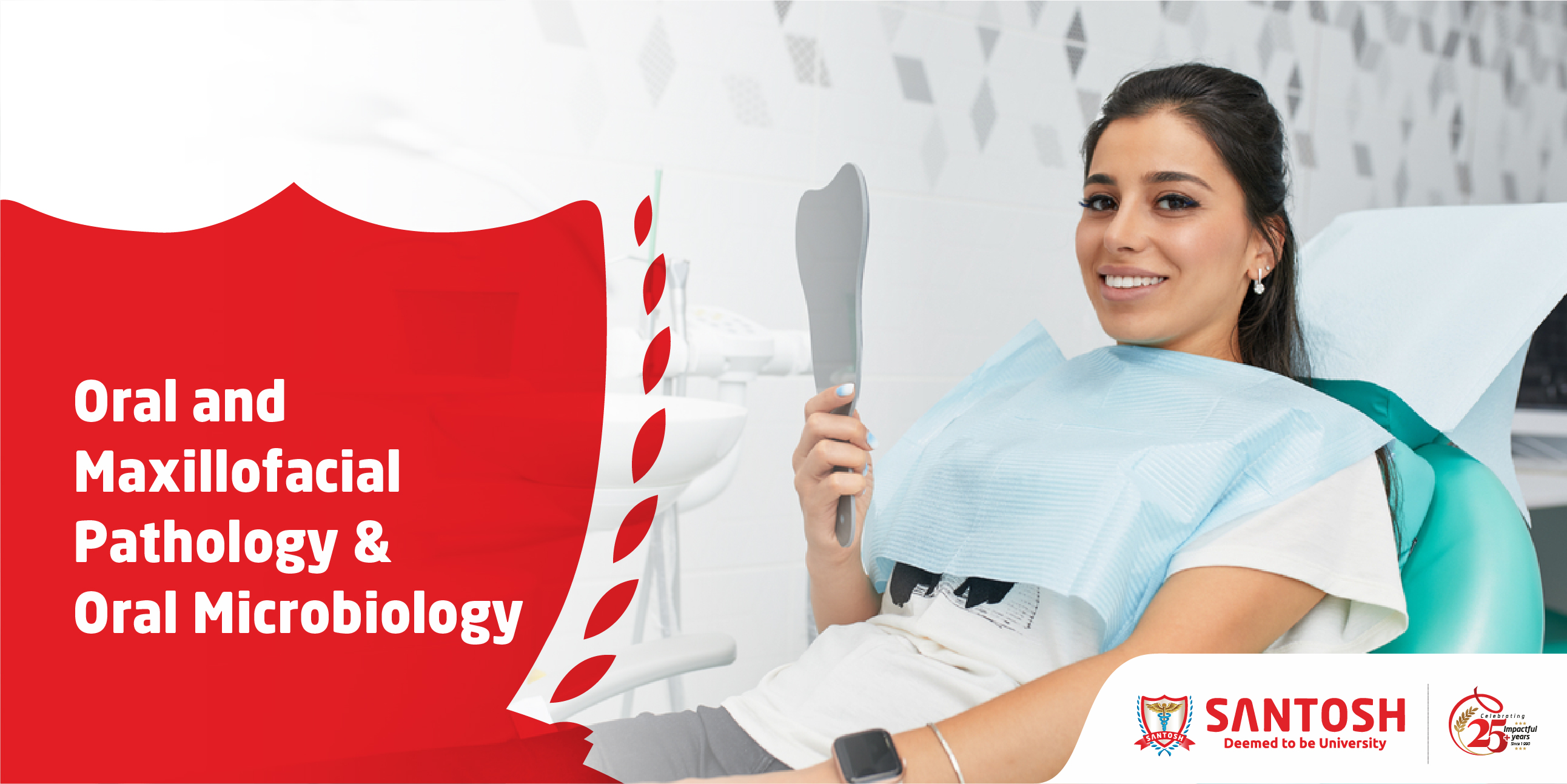
Oral Pathology is the branch of dentistry which combines the diagnostic and immunohistochemistry skills to evaluate patient conditions.
read more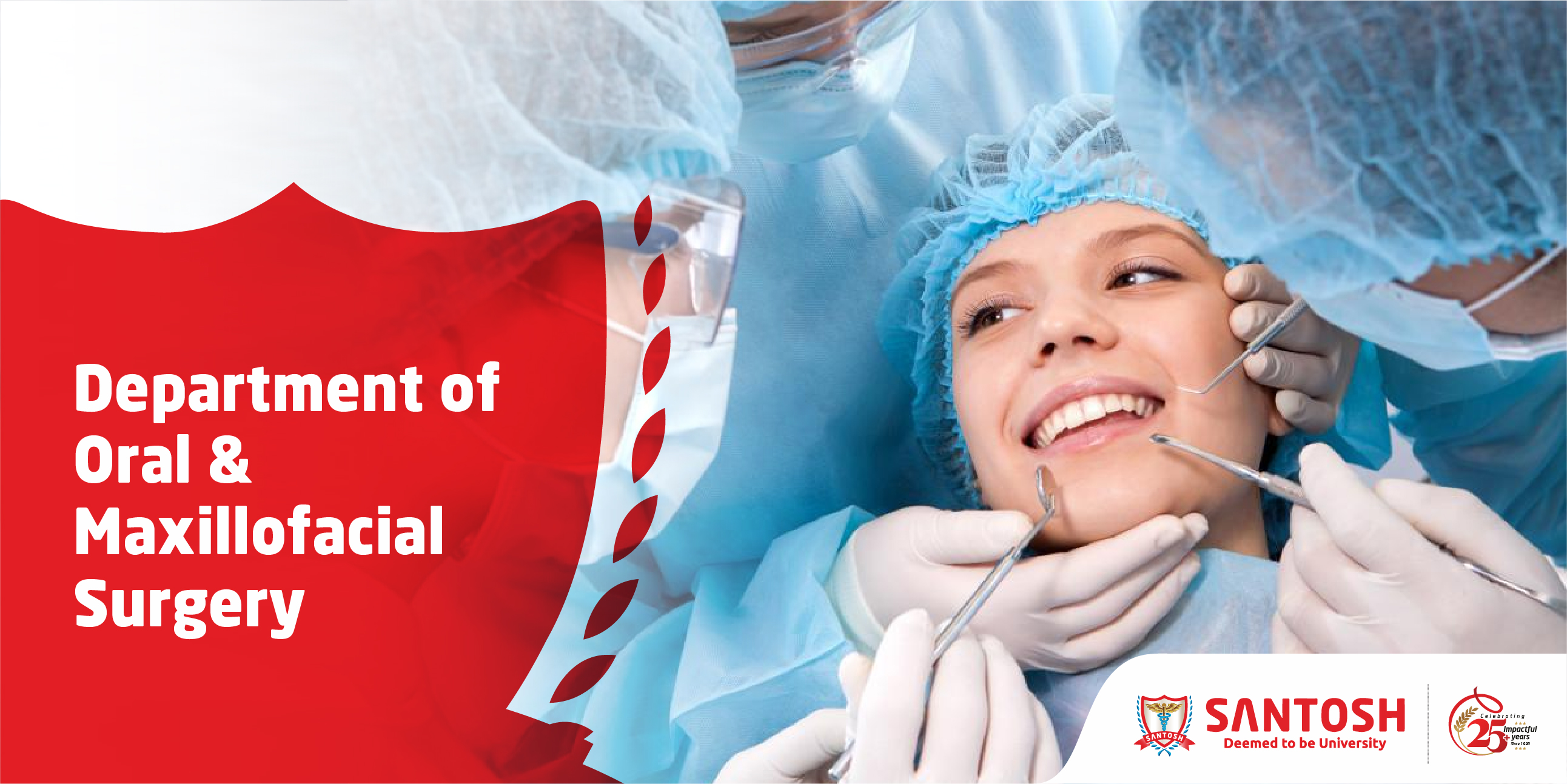
The Oral and Maxillofacial dentistry is a surgical domain which involves a dual qualification in medicine and dentistry.
read more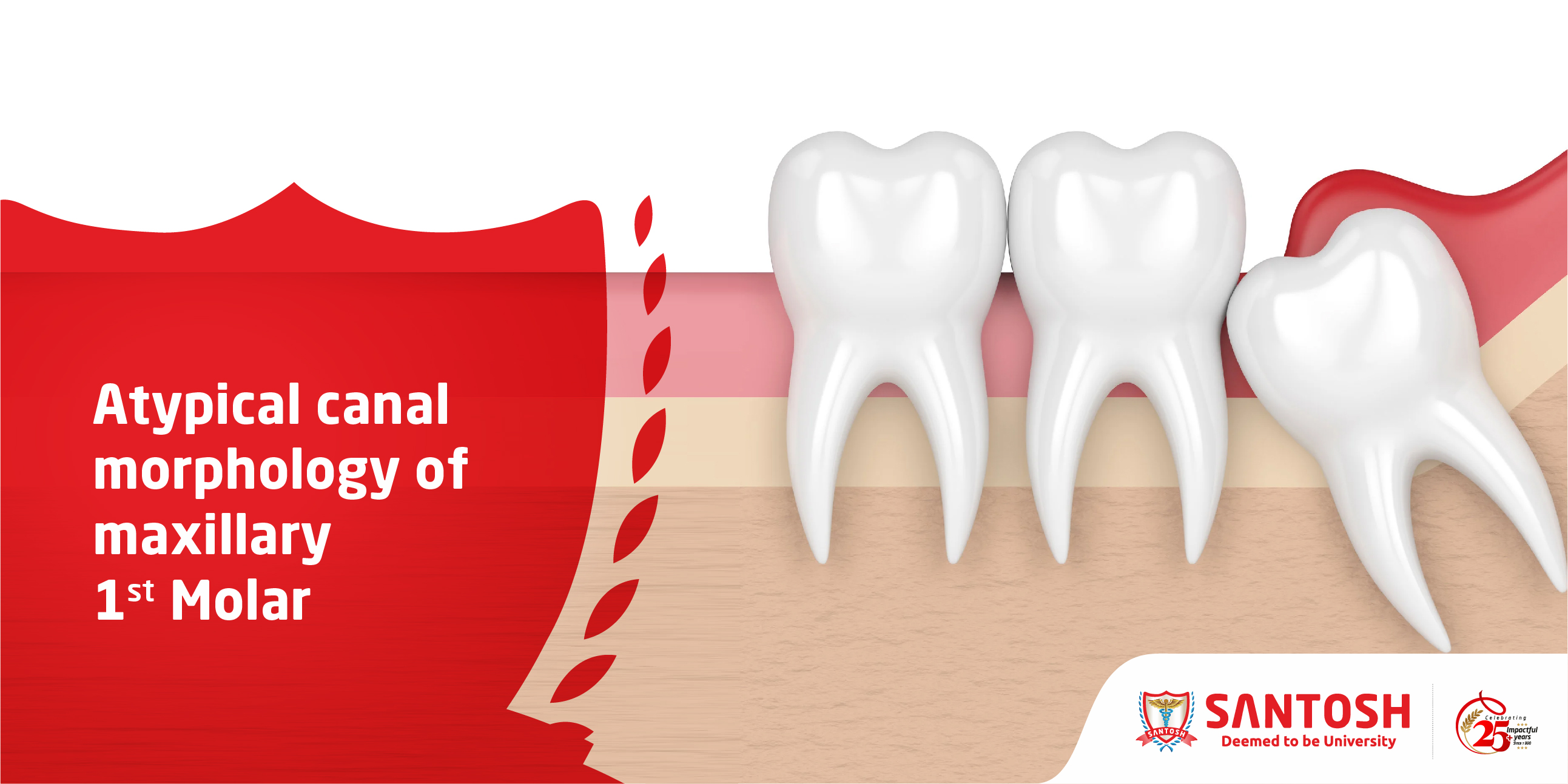
Anatomical complexities impose limitations to the chemico-mechanical preparation of the root canal, leading to areas not touched by the instrument, resulting in unsuccessful cases.
read more